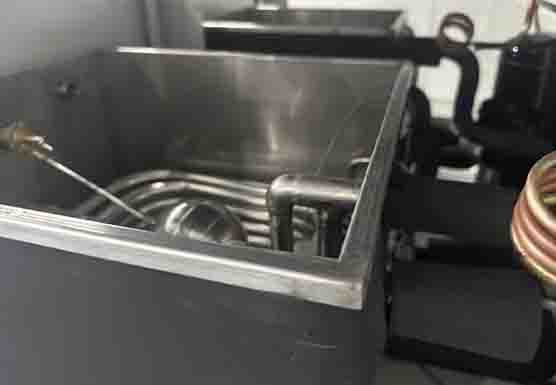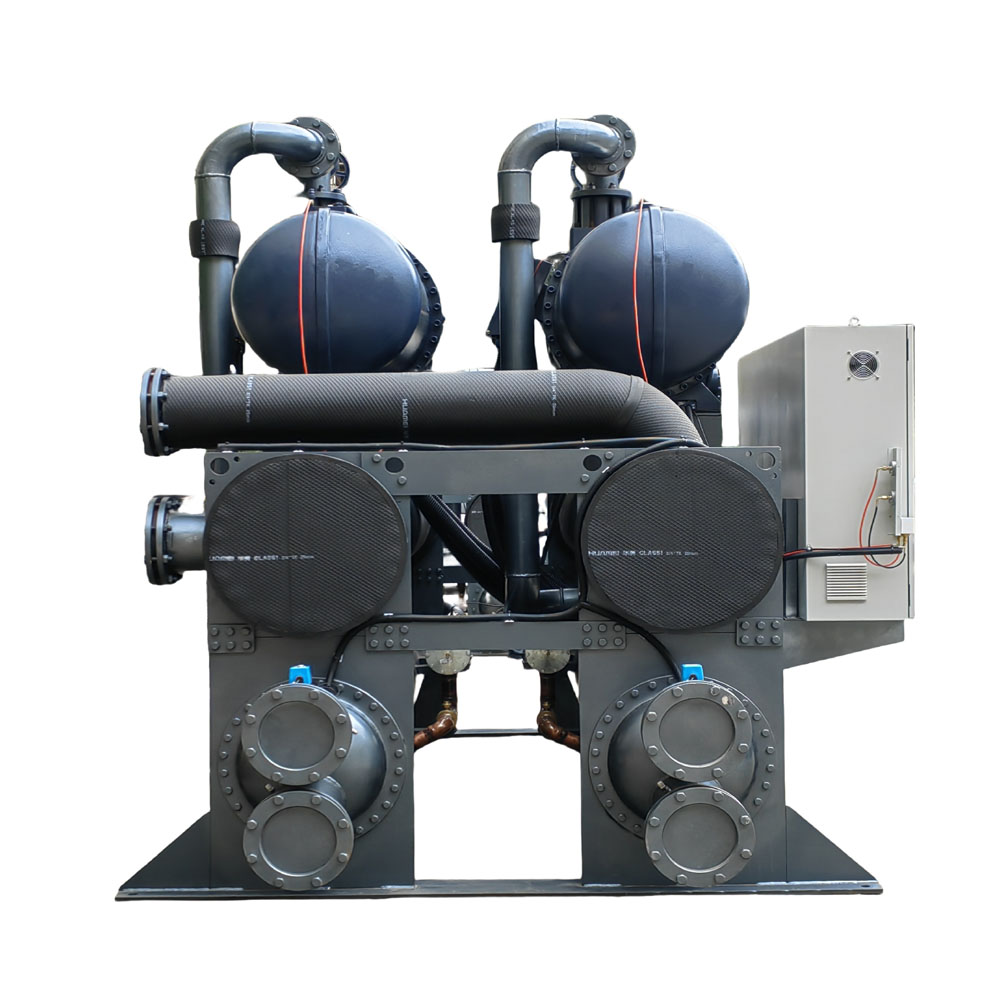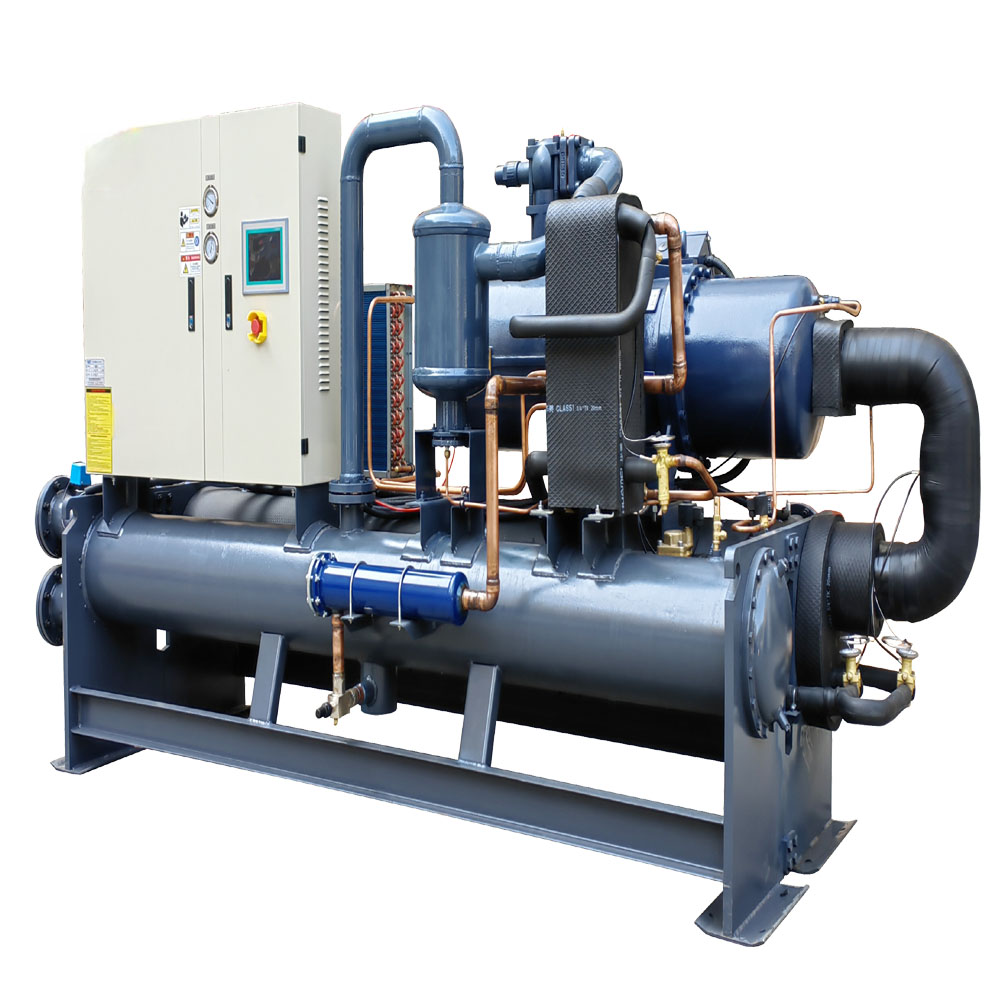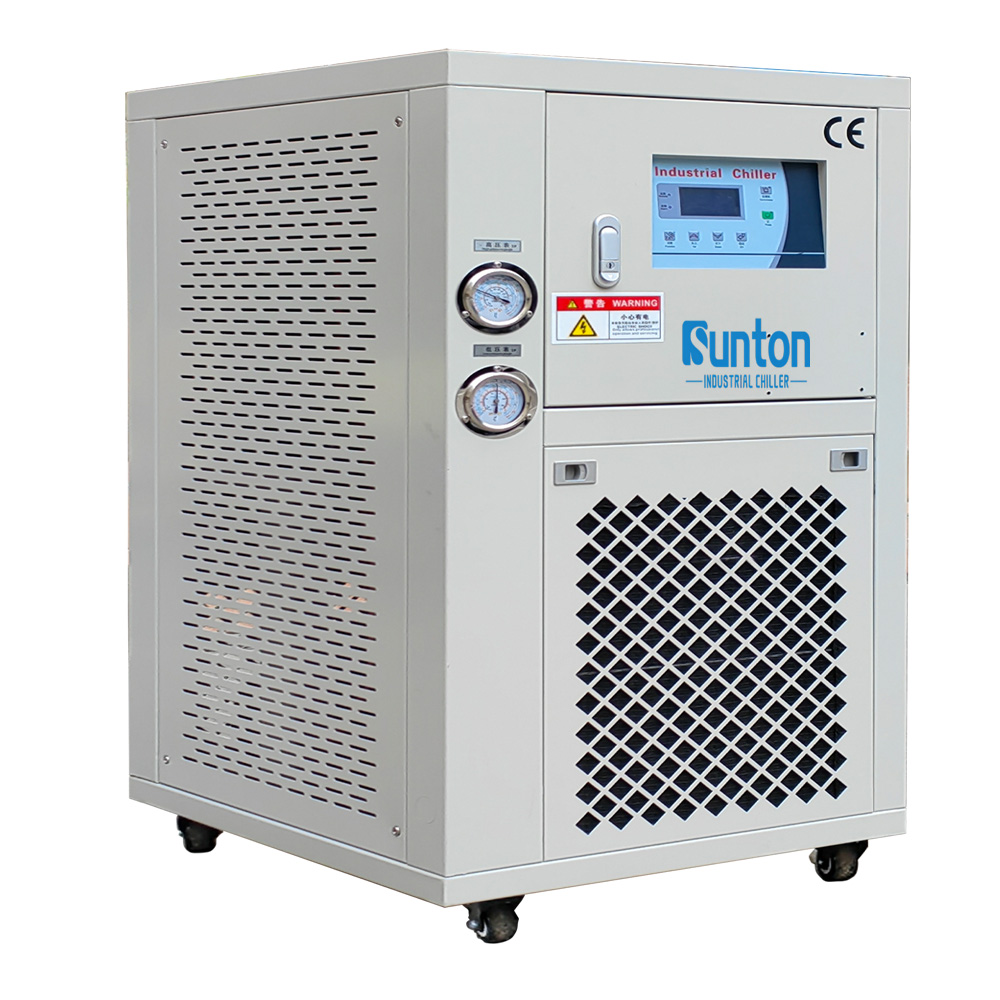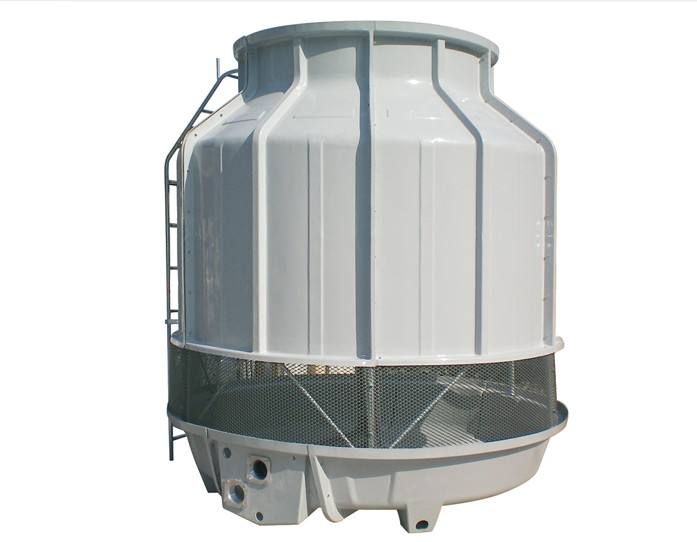-
Dalingshan Industrial Guangdong
Glycol Chiller | Enhance Brewing Efficiency & Control
Elevate Your Brewery Operations with Industrial glycol chillers are vital for large-scale brewing operations. Glycol Chillers
The role of glycol chillers in industries like brewing, distilling, and food processing cannot be overstated. These systems are the backbone of temperature management, ensuring precision cooling that is essential for product quality and consistency. In this comprehensive guide, you’ll discover why industrial glycol chillers are an invaluable asset and how they can transform your operations. Whether you’re a winery, a brewer, or involved in frozen delicacies, this article is designed to enhance your understanding and assist you in making informed decisions.
Table of Contents
What Are Glycol Chillers and How Do They Work?
Glycol chillers are integral cooling systems that use a glycol mixture to regulate and maintain temperature stability across various industrial processes. The glycol solution, commonly used in breweries, ensures optimal temperature management. propylene glycol, prevents freezing, ensuring systems operate smoothly even under intense cooling requirements.
Components and Functionality
- Primary Components: Includes the compressor, evaporator, and condenserGlycol chillers work in tandem with a pump to enhance cooling efficiency. reservoir and pump to circulate the glycol mixture.
- Glycol Chilling: The process involves lowering the temperature of the glycol solution which, when circulated, effectively Glycol chillers cool the fluid effectively to maintain desired temperatures. equipment like fermenters and tanks.
Glycol systems are known for their energy-efficient Cooled fluid distribution in glycol chillers makes them a top choice for accurate temperature control in brewing. industrial glycol applications.
Why Are Glycol Chillers Essential in Breweries?
In the brewing industry, precise temperature management is key to producing high-quality beer. Glycol chillers help maintain consistent fermentation temperatures, crucial for the taste and quality of the brew.
Importance in Brewing
- Temperature Control: Ensures optimal conditions for fermentation, allowing brewers to achieve specific flavor profiles.
- Cold Crashing and Lagering: Utilized during the cold crash Glycol chillers help to settle particulates and maintain a consistent temperature during fermentation. lager temps to refine flavors and clarity.
- Efficiency: Reduces energy usage and operational costs through effective temperature regulation.
By using glycol chillers, breweries can achieve greater temperature control, leading to enhanced flavor and consistency in every batch.
Exploring Applications in Wineries and Distilleries
Glycol chillers play a crucial role in wineries and distilleries, where temperature management is essential for both fermentation and aging processes.
Impact on Winemaking
- Fermentation Control: Glycol solutions are used to maintain fermentation temperatures, vital for developing complex wine flavors.
- Storage Stability: Helps in aging and storing wine at precise temperatures to preserve quality.
Distilleries’ Dependence
- Process Cooling: Ensures efficient temperature regulation throughout alcohol production, impacting taste and purity.
- Product Consistency: Maintain stable cooling to ensure uniformity and adherence to quality standards.
These industries Breweries rely on glycol chillers to deliver quality products by managing and controlling their unique cooling needs.
Glycol Chillers in the Ice Cream and Frozen Yogurt Industry
Temperature control is also crucial in producing frozen desserts like ice cream and yogurt using glycol chillers. Glycol chillers ensure that these products maintain their creamy texture and flavor integrity.
Benefits in Production
- Precise Control: Ensures consistent temperature Maintaining optimal settings is crucial for freezing without affecting the texture of the product in a glycol chiller.
- Cyclic Cooling: Glycol chillers manage the rapid cooling phases needed during product formation.
Operators in frozen dairy production can maintain peak productivity and quality with the right glycol chilling system and temperature control.
How to Choose the Right Glycol Chiller for Your Industrial Needs
Selecting the right glycol chiller involves understanding your unique cooling needs and industry requirements.
Considerations for Selection
- Capacity and HP of glycol chillers are essential for efficient operation.: Choose a chiller with the appropriate hp and capacity for your operational scale and cooling demands.
- Glycol Mixture: Use the correct glycol-to-water ratio to optimize the freezing point and cooling efficiency.
- Installation and Maintenance: Plan for install locations considering space and accessibility for maintenance.
Industry professionals use these parameters to find a solution that fits their operational scale and cooling intensity.
Installation Tips for Optimal Performance
Proper installation of glycol chillers ensures reliability and efficiency, preventing operational hiccups.
Best Practices
- Insulate Tubing and Pipes: Ensuring all tubing and pipe Insulating lines adequately helps prevent heat loss in glycol chiller systems.
- Regular Maintenance: Schedule routine inspections to check for leaks and glycol levels, maintaining peak system performance.
- Control Panel Setup: Properly configure the control panel settings for precise regulation of fermentation temperature.
By following these tips, operations can maximize their chiller’s lifespan, ensuring continuous optimal performance.
FAQs about Glycol Chillers
Why use glycol instead of water alone in chillers?
Glycol prevents the solution from freezing, making it ideal for maintaining low temperature in brewing processes. temperature environments without risk of ice formation.
What industries benefit most from glycol chillers?
Industries like breweries, wineries, and frozen food production benefit greatly from the temperature stability glycol chillers provide.
How do chillers aid in fermentation processes?
They maintain consistent temperatures crucial for optimal yeast activity, which directly affects the final product’s taste and quality.
Are glycol chillers energy-efficient?
Yes, they are designed to be energy-efficient, thus lowering long-term operational costs and conserving energy.
Case Studies: Success Stories in the Beverage Industry
“Implementing a glycol chiller transformed our brewing process. We experienced a remarkable improvement in batch consistency.” – John D., Brewer, emphasizes the importance of glycol chillers in brewing.
These success stories highlight the significant improvements in production quality and efficiency gained by adopting glycol chillers.
Conclusion: Transform Your Operations with Industrial Glycol Chillers
Industrial glycol chillers are integral for temperature control across diverse applications, from brewing to frozen desserts. By choosing the right system and following best practices for installation and maintenance, businesses can greatly enhance their operational efficiency and product quality. For unparalleled cooling solutions tailored to your industry, contact us today.
Key Takeaways
- Versatile Applications: From breweries to frozen dessert production, glycol chillers meet diverse industry needs.
- Efficiency and Control: Precise temperature control ensures product quality and energy savings.
- Optimal Configurations: Consider capacity and mixture for the best system setup.
- Maintenance Essentials for glycol chillers: Regular maintenance ensures long-term efficiency and system health.
Discover tailored solutions with our state-of-the-art Glycol Chillers and explore advanced systems like Cooling Towers to optimize your operational standards.



